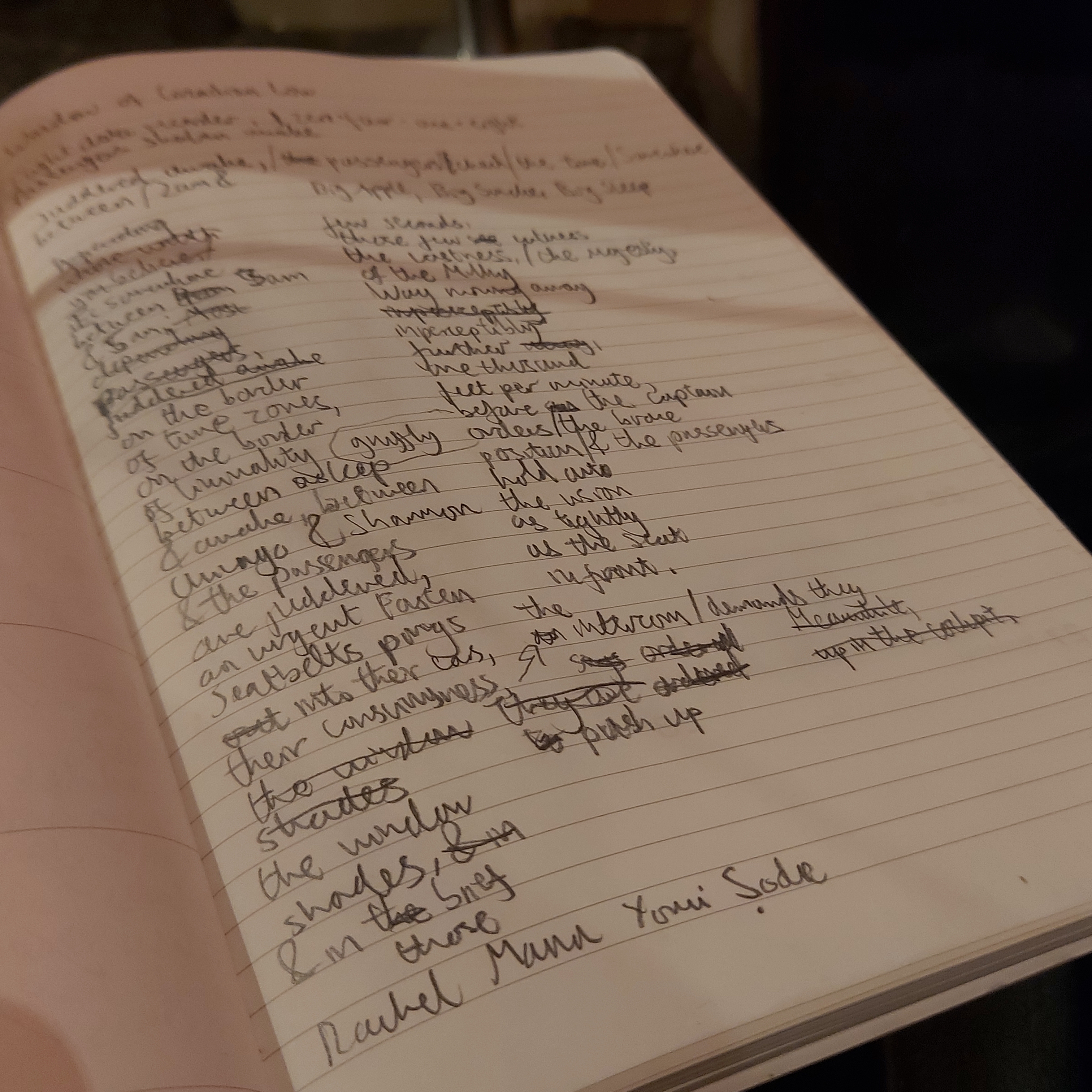Back in 2015, Sheree Mack was accused of plagiarism by another writer. The claim was that her story The Tracks was based upon A Mercy by Judith Turner-Yamamoto. The publisher New Writing North believed the accusation had merit and pulped the remaining copies of the Mack story.
It subsequently emerged that other writers had similar concerns, coming to a head that year when Mack published what was described in The Guardian as a semi-apology on Facebook, admitting to “slackness and carelessness”. The same article also covers other notable examples from the writing scene.
And so everyone moved on and the matter died down, at least until a few weeks ago, when Sheree Mack was announced as a headliner for the upcoming Timber Festival. She will appear alongside Simon Armitage, although there’s no suggestion that he’s guilty of copying work.
I’m a member of a poetry page on Facebook that has members all over Scotland – and a long memory. A couple of the members have written to the festival urging them to think twice about her inclusion, while a few others have given first-hand accounts of hearing her stolen poems, one of which was in front of the original poet.
The festival has responded to the effect that they believe her actions were a one-off occurrence. This means the appearance at Timber is expected to go ahead as advertised.
It’ll never be possible to stop plagiarism, but the wider question is what we can do about it when it does happen. There probably needs to be a test case before a solution can be found.
I can see a parallel between this incident and the hip-hop scene of the late 1980s. Around this time, music sampling was becoming increasingly common, thanks to the rise of solid-state storage that allowed songwriters to loop sounds without the need to splice tape.
With no precedent to stop the practice, many tracks of the era simply borrowed bits and pieces of other tracks without credit or payment. Pump Up the Volume by M|A|R|R|S is a textbook example, containing 29 identified samples and many more unidentified ones.
The scene started to put its house in order at the start of the 1990s when Gilbert O’Sullivan objected to the rapper Biz Markie using Alone Again Naturally in a new work. Their record labels went to court and the judge found in favour of O’Sullivan.
From that point on, record labels were careful to clear any samples before using them in a recording. It’s far from a perfect solution, but the framework has been in place for more than 30 years at this stage.
I can’t immediately foresee a situation where such a case will happen in the poetry scene; it’s more fragmented and less commercial than the music industry.
Until that changes, a publisher having to pulp a few books isn’t seen as a great loss in the big scheme of things, even if it’s a massive deal for those who have had their poetry stolen and/or reworked without permission.

